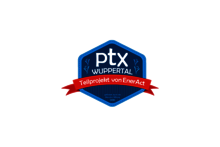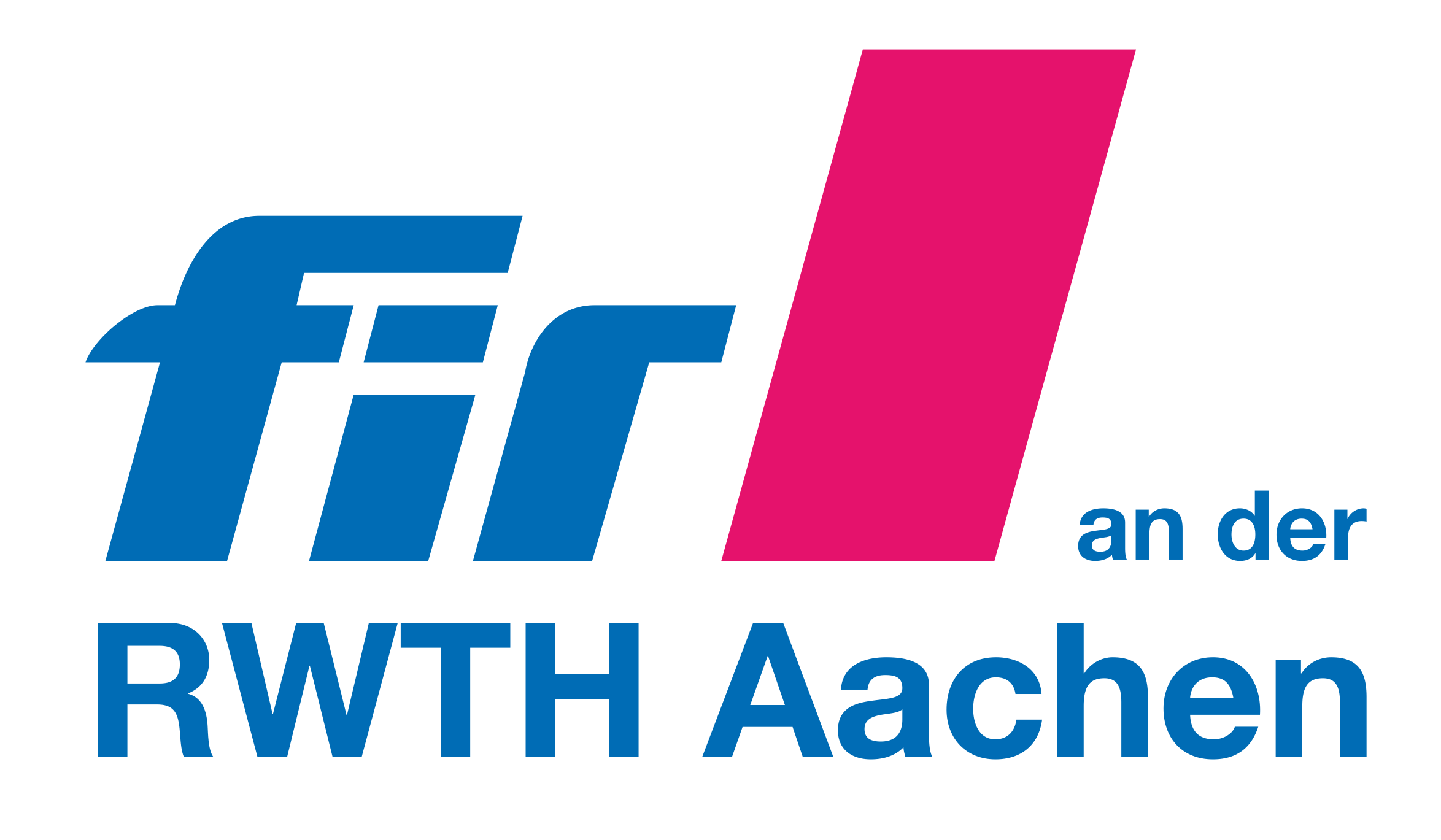EnerAct
Energy Turnaround and Social Megatrends

The EnerAct project develops concepts for implementing the energy system transformation at local and regional level in North Rhine-Westphalia. On the one hand, the context for action is shaped by the technical challenges. On the other hand, the actors in the regions and municipalities are confronted with a series of overarching political, technical and cultural developments that are driven by dynamics beyond the energy turnaround. The overlapping of the energy system transformation with megatrends such as digitisation or demographic change requires more than ever integrated problem-solving concepts that contribute to the success of the energy system transformation by taking into account the socio-economic characteristics of the individual regions and municipalities as well as the megatrends.
The EnerAct project develops concepts for implementing the energy system transformation at local and regional level in North Rhine-Westphalia. On the one hand, the context for action is shaped by the technical challenges. On the other hand, the actors in the regions and municipalities are confronted with a series of overarching political, technical and cultural developments that are driven by dynamics beyond the energy turnaround. The overlapping of the energy system transformation with megatrends such as digitisation or demographic change requires more than ever integrated problem-solving concepts that contribute to the success of the energy system transformation by taking into account the socio-economic characteristics of the individual regions and municipalities as well as the megatrends.
Subprojects of EnerAct:
- Innovative intermunicipal heat supply for the "Neue Zeche Westerholt" in Gelsenkirchen-Herten
- P2X usage paths in Wuppertal
- Hydrogen model region Emscher-Lippe
- Implementation concepts for urban production in the Ruhr area
The FIR is responsible for the subproject: P2X paths in Wuppertal
The overlapping of the energy system transformation with megatrends such as digitalisation or demographic change requires more than ever integrated problem-solving concepts for the implementation of the energy system transformation, which, in addition to the technical aspects, take into account the socio-economic characteristics of the individual regions and municipalities and possible changes caused by the megatrends.
The objective of the subproject is the analysis of different hydrogen usage paths at district level in Wuppertal in cooperation with the Wuppertaler Stadtwerke (WSW). At the beginning of the subproject an overview of possible usage paths in the sectors electricity, heat and mobility will be compiled and analysed. With the help of a systemic evaluation matrix to be developed in the subproject and the analysis of the socio-economic situation in the addressed neighbourhoods, the relevant paths for Wuppertal will finally be identified. The subproject finally leads to the elaboration of an implementation concept for a selected path.
An important element is the intersection of energy system transformation requirements with the megatrends demographic change, urbanisation and individualisation, as these influence the demand for electricity, heat and mobility. Furthermore, the megatrend of digitisation is a key element for implementation, as it is the only way to enable the complex networking of different sectors.
Project partners
- EON.ERC FCN, Aachen
- Fraunhofer-Institut für Umwelt-, Sicherheits- und Energietechnik (UMSICHT), Oberhausen
- Institut Arbeit und Technik, Gelsenkirchen
- Kulturwissenschaftliches Institut Essen (KWI), Essen
- WSW Wuppertaler Stadtwerke GmbH, Wuppertal
- Wuppertal Institut für Klima, Umwelt, Energie gGmbH, Wuppertal
Branch
- Energy/Water/Disposal/Recycling
- Health Economy and social Services, NGO
Topic Area
- Information Management
Research Focus
- Informationslogistik
JRF Guiding Topic
- Society & Digitization
- Industry & Environment
Contactperson
Projectinfos
Duration
Funding no.
1616600Funding information
“EnerAct - Energy Turnaround and Social Megatrends” is funded by Stiftung Mercator.



